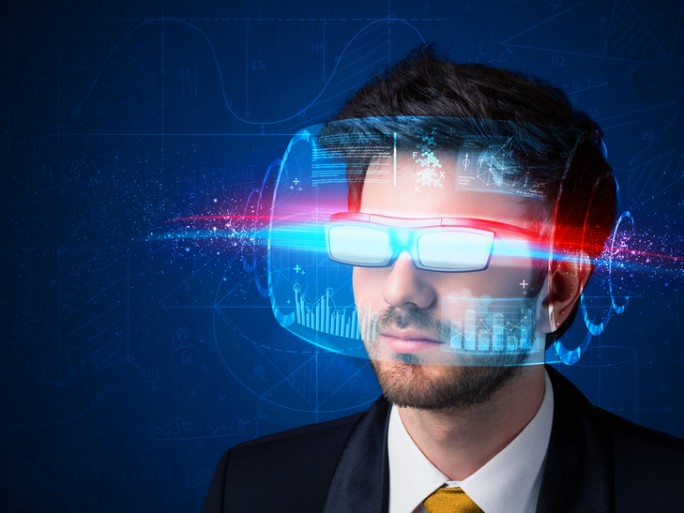6G Teams up with Artificial Intelligence to Power Virtual Reality

The combination of 6G technology and AI also raises challenges and concerns in terms of privacy and security.
The next generation of connectivity, known as 6G technology, has gained momentum and promises to revolutionise the way we experience virtual reality. The integration of artificial intelligence (AI) with 6G technology is paving the way for a more immersive, interactive, and enriching virtual reality experience.
6G technology represents a step forward from previous generations, as it is expected to offer much faster wireless connection speeds and higher capacity than 5G. Latency is expected to be significantly reduced, enabling near-instantaneous response to interactions and increasing the sense of immediacy in virtual reality.
More personalised and immersive experience
The combination of 6G technology and AI will enhance virtual reality by offering a more personalised and immersive experience. AI will analyse user behaviour and preferences in real time, allowing content and interactions to be tailored to their specific needs. This will provide a more engaging and meaningful experience, where the user will feel like an active part of the virtual environment.
In addition, AI will enable a more natural and realistic interaction in virtual reality. Advances in speech recognition and natural language processing will allow users to communicate with the virtual environment in a more fluid and natural way. AI-powered virtual assistants will be able to answer questions, guide the user and provide relevant information in a consistent and contextualised way.
Virtual content
Another area where AI and 6G complement each other is virtual content generation. AI algorithms will be able to create highly detailed and realistic virtual environments, optimising the use of resources and improving efficiency in the development of virtual reality experiences. This will open up new possibilities for developers and creators, allowing them to design more complex and immersive virtual worlds.
The integration of these technologies will also benefit the entertainment and gaming industry. Virtual reality has been a promise for interactive entertainment, and with 6G and AI working together, a significant evolution in the way we play games and consume content is foreseen. Virtual reality games will be able to adapt in real time based on the player’s actions and preferences, providing more personalised and exciting gaming experiences.
In addition to entertainment, virtual reality powered by 6G and AI is also expected to have a major impact on education and training. Simulated learning environments will enable students to acquire skills and knowledge in a practical and safe way. Businesses will also be able to take advantage of this technology to train their staff more efficiently and effectively.
On the other hand, the combination of 6G and AI technology also raises challenges and concerns in terms of privacy and security. With more data being generated and shared in the virtual reality environment, it is crucial to ensure that robust security measures are in place and that users’ privacy rights are respected.